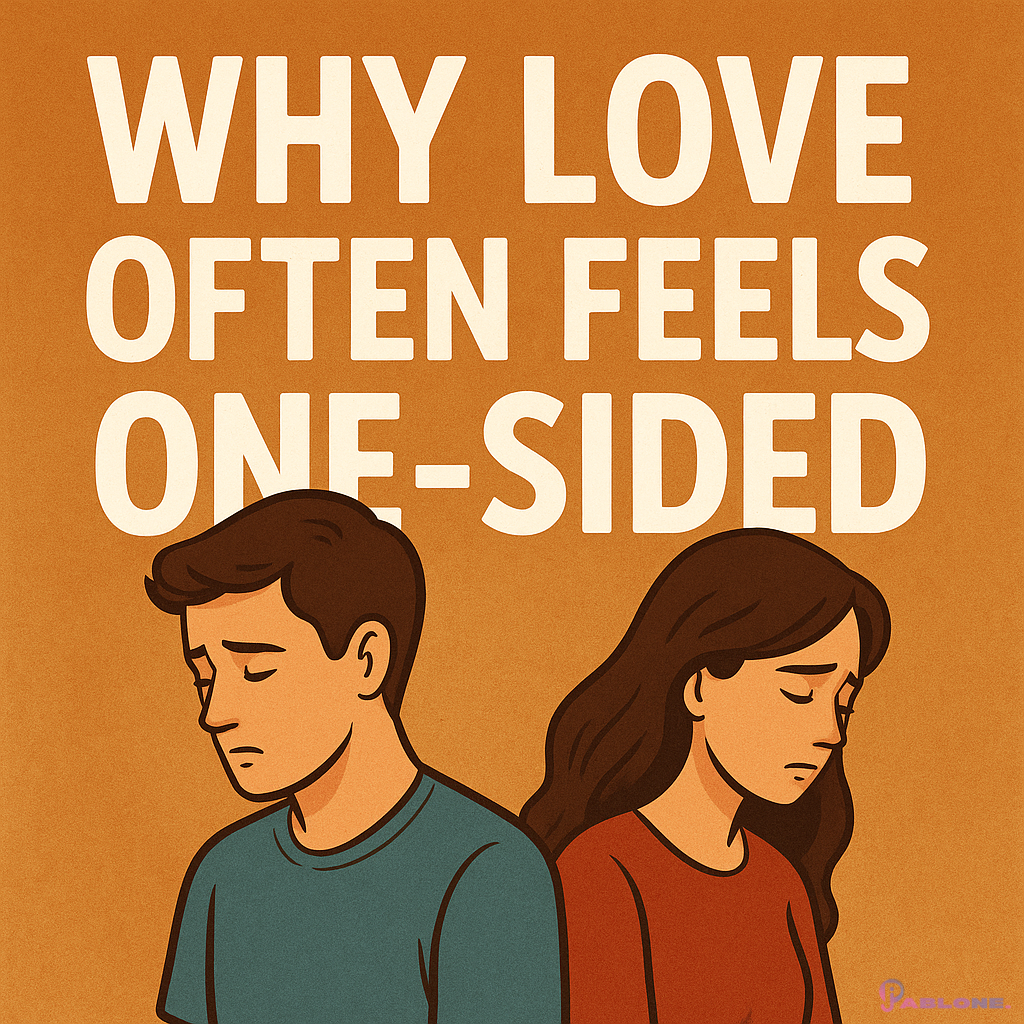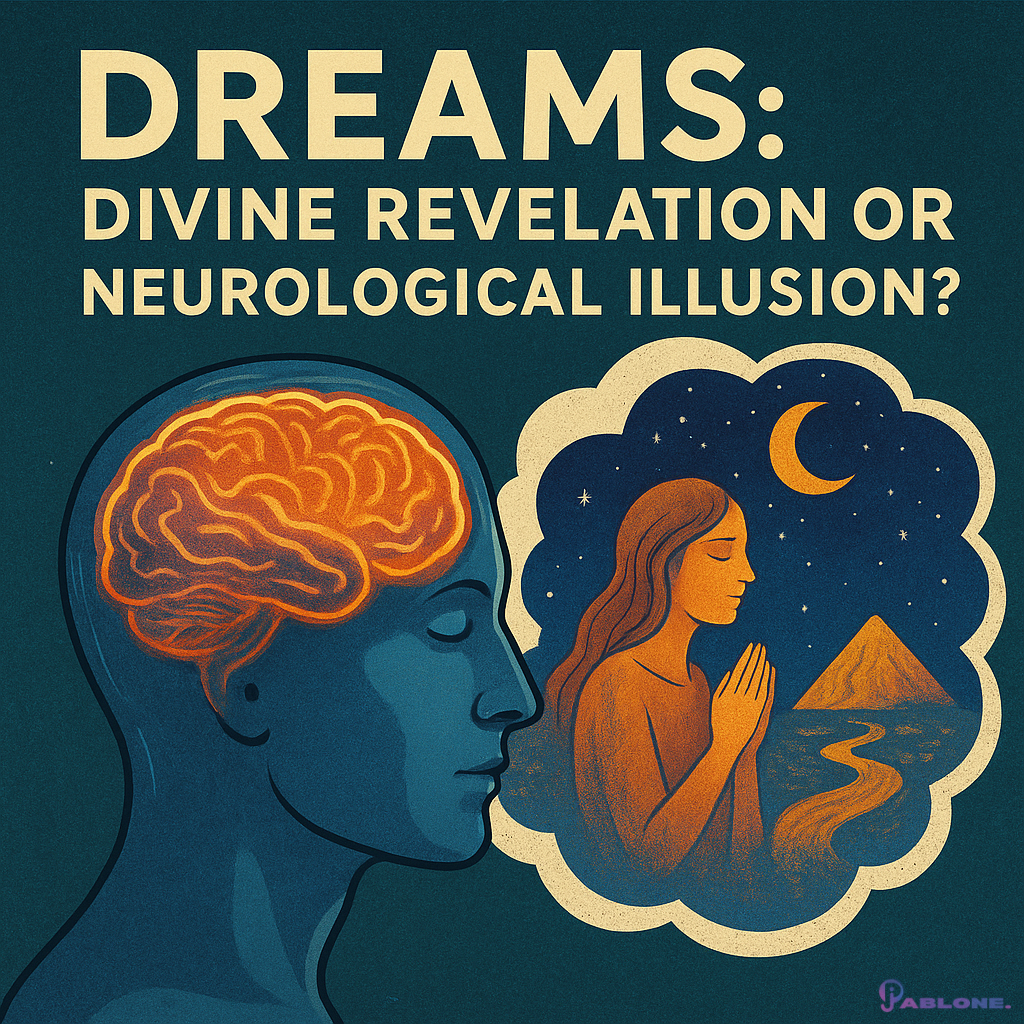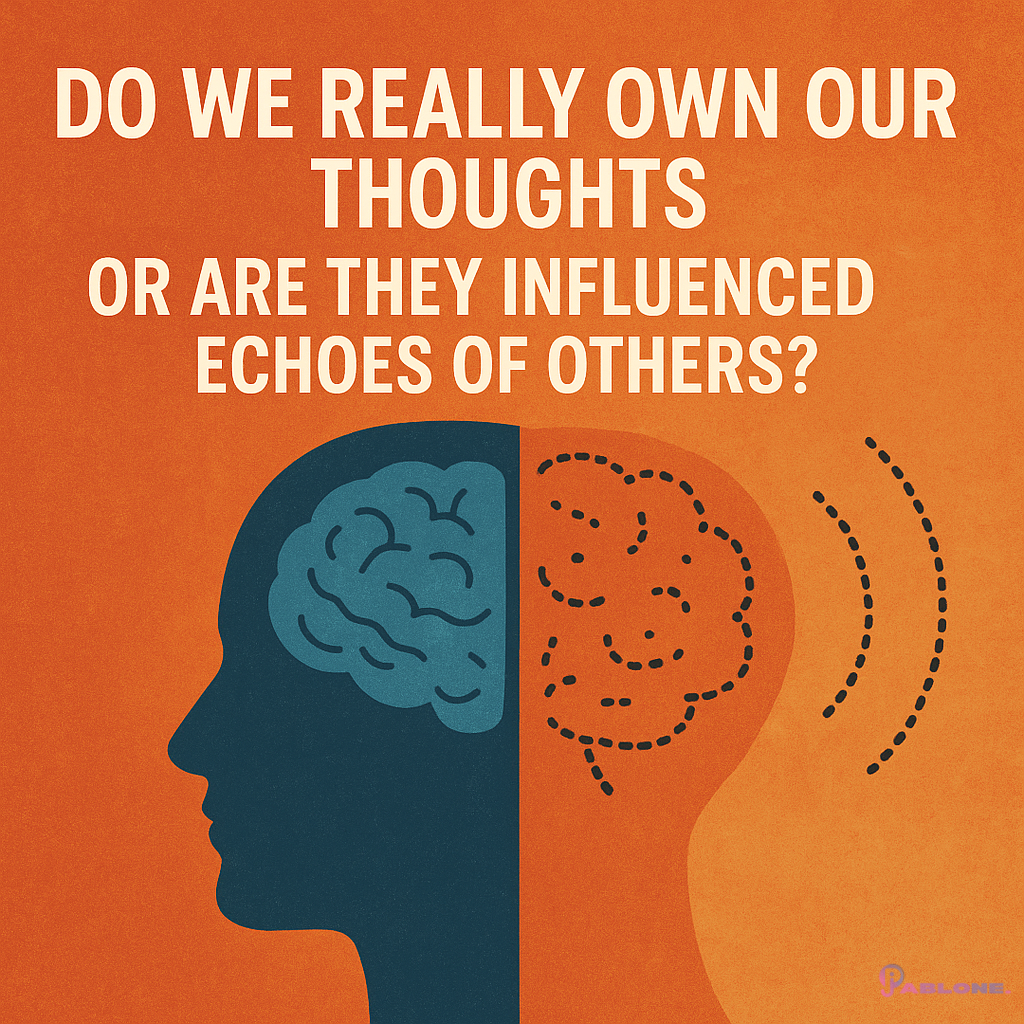Does Modern “Self-Care” Actually Make Us Lonelier?
Table of Contents
-
Introduction
-
What Self-Care Really Meant in the Past
-
How Self-Care Became a Global Trend
-
Why Self-Care Feels Good
-
The Quiet Loneliness Hiding Inside Self-Care
-
Digital Self-Care: Connection or Illusion?
-
From Community Care to Individual Care
-
The Thin Line Between Self-Care and Self-Isolation
-
Blending Self-Care with Social Care
-
Conclusion
1. Introduction
Everywhere you look today—social media, advertisements, even casual conversations—there’s one phrase that keeps popping up: self-care. We are told to slow down, light a candle, soak in a warm bath, or take a solo vacation because “we deserve it.”
But while self-care sounds refreshing, there’s a strange side-effect nobody talks about: could all this focus on ourselves actually make us feel more lonely?
It’s an uncomfortable question, but worth exploring.
2. What Self-Care Really Meant in the Past
If we rewind a few decades—or even centuries—self-care had a very different meaning.
-
For ancient communities, self-care was about shared well-being. People gathered in groups for prayers, meals, and festivals.
-
In medicine, self-care simply meant looking after basic health needs: eating properly, resting, and tending to small illnesses without a doctor.
It was never about luxury—it was about survival, balance, and being part of a community.
3. How Self-Care Became a Global Trend
In the modern world, self-care has transformed into a booming wellness industry. From face masks and spa retreats to meditation apps and fitness trackers, everything is marketed as a form of self-care.
While there’s nothing wrong with enjoying these things, companies have turned self-care into a business model. Today, “taking care of yourself” often means buying something—a product, an app, or an experience.
This shift has quietly moved self-care away from its original purpose.
4. Why Self-Care Feels Good
To be fair, modern self-care has its benefits:
-
It reminds people that mental health matters.
-
It encourages setting boundaries at work and in relationships.
-
It provides ways to relax and recharge in stressful times.
No one can deny the comfort of a hot shower after a long day, or the peace of a quiet meditation session. These practices do help.
The problem begins when self-care becomes the only way we try to cope with life.
5. The Quiet Loneliness Hiding Inside Self-Care
Think about the common self-care routines:
-
Reading a book in silence.
-
Binge-watching shows alone.
-
Meditating in a quiet room.
-
Spending money on personal pampering.
They’re all solitary activities. Nothing wrong with them—but if repeated too often, they replace the human need for shared experiences.
A person who constantly avoids friends, declines invitations, and chooses “me-time” over connection may slowly drift into isolation—without even realizing it.
6. Digital Self-Care: Connection or Illusion?
Another layer is digital self-care. Many people now rely on apps for meditation, sleep sounds, or journaling. Online therapy and wellness communities have also become popular.
At first glance, these look like connections. But ask yourself: does chatting in an online forum really replace sitting across the table from a close friend?
We live in a paradox: millions of people are practicing “self-care” through screens, yet loneliness statistics are rising worldwide.
7. From Community Care to Individual Care
In older societies, well-being was a shared duty. Families supported one another, neighbors looked out for each other, and gatherings strengthened emotional bonds.
Today, the responsibility has shifted: “You have to take care of yourself. No one else will.”
This push for hyper-independence has reduced community involvement. People now think of care as an individual project, rather than something nurtured by friends, family, and society.
8. The Thin Line Between Self-Care and Self-Isolation
Here’s the danger: self-care can easily tip into self-isolation.
-
Skipping social events because “I need to protect my peace.”
-
Avoiding difficult conversations under the label of “setting boundaries.”
-
Using “me-time” as an excuse to withdraw from meaningful relationships.
It feels safe in the short term, but over time, this behavior creates walls instead of healthy boundaries. And loneliness, as studies suggest, can harm physical health as much as smoking or obesity.
9. Blending Self-Care with Social Care
So, how do we fix this? The answer lies in balance.
-
Mix solo care with shared care: Meditate alone, but also join a group class or volunteer activity.
-
Redefine what self-care means: Sometimes, showing up for a friend is just as healing as taking a bubble bath.
-
Practice “social self-care”: Call your parents, meet friends, or spend time helping someone. Connection is also a form of care.
-
Set healthy boundaries, not walls: Learn to say no without cutting yourself off completely.
When self-care is practiced alongside social care, the result is far more powerful and sustainable.
10. Conclusion
So, does modern self-care make us lonelier?
The honest answer: it can—but it doesn’t have to.
Self-care is important. It allows us to rest, recover, and stay grounded. But when it turns into a habit of avoiding people, hiding behind screens, or endlessly consuming wellness products, it quietly feeds loneliness.
True self-care is not about escaping others. It’s about strengthening yourself so you can engage more fully with the people and world around you.
Because at the end of the day, no face mask or scented candle can replace the warmth of human connection.
👉 True self-care is not about escaping others—it’s about nurturing yourself so you can engage with others more fully !






Leave a Reply